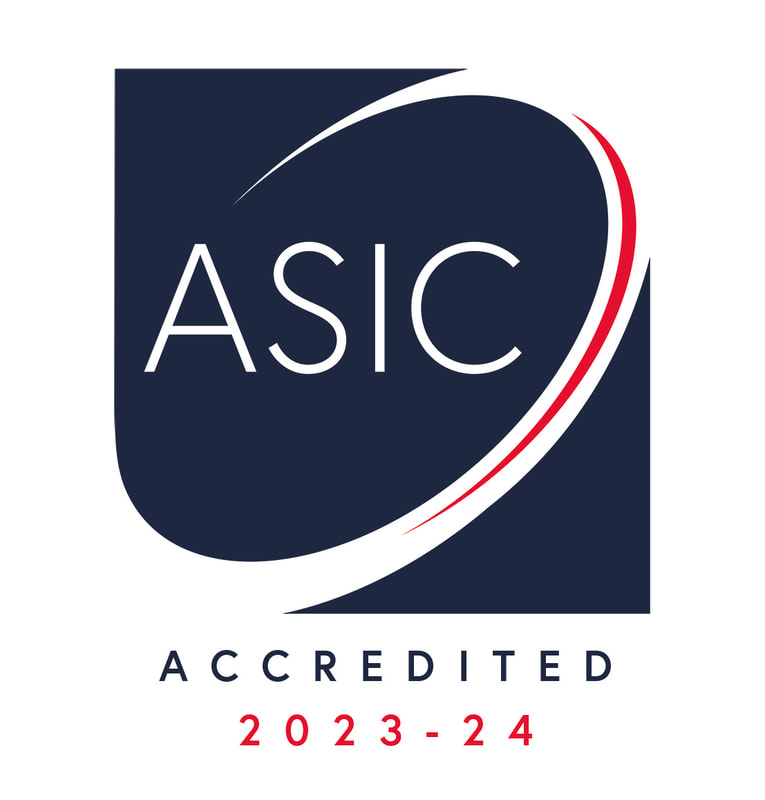Studying business isn't just about learning theories; it's about mastering the art of strategic decision-making and practical application in the corporate world.
Intensive Foundation in Business Course
Delivery Language - English.
Sector: Business Management
Sector: Business Management
|
Who study this qualification: The International Foundation Year in Business leads to a wide range of undergraduate business and management degrees at various UK Universities. This course is for
|
Admission Criteria
Student must have completed a GCSE Qualification or equivalent and achieved a grade C or above in English and Maths subjects.
It is expected that a student would normally have the maturity to undertake this programme at the age of 17.
It is expected that a student would normally have the maturity to undertake this programme at the age of 17.
What units are covered
Units |
|
English for Academic Purposes
|
Programme Specification on LMQ Website |
Course Content
Our International Intensive Foundation in Engineering and Science covers a wide array of fundamental subjects essential for students aiming to pursue further studies in engineering and science. The course content includes the following topics:
|
|
This foundation course is designed to equip students with a strong base in these fundamental subjects, preparing them for more advanced studies in engineering and scientific disciplines at the undergraduate level. The focus is on providing a solid understanding of the principles and applications that underpin these fields.
Key facts
Group Size
Max 10 students, average 8 (A1 level)
Average 10 (maximum 15) (A2 level and upwards)
Average 10 (maximum 15) (A2 level and upwards)
Age
18+
Level
Level 3
Course Length
Minimum – 4 Months
Maximum – 1 Year
Maximum – 1 Year
Hours per week
Full-time study – 20 or 25 hours per week
Part-time study – 15 hours per week
Part-time study – 15 hours per week
Course format
Usually, 2 days per week (15 hours/week) on a Blended mode.
1 day face to face (7.5 hours) and 1 day remote (7.5 hours) via Zoom.
1 day face to face (7.5 hours) and 1 day remote (7.5 hours) via Zoom.
Includes
Monthly diagnostic test | Monthly 1:1 tutorial | Progress report
How it is delivered
|
The programme will typically be delivered as a short part time or full time course. This is a flexible programme delivered part time and full time.
All of our study materials are evaluated by industry experts to ensure it reflects the current market demands.
<
>
Usually, 2 days per week (15 hours/week) on a Blended mode. 1 day face to face (7.5 hours) and 1 day remote (7.5 hours) via Zoom. Face to face arrangements: Max 15 students are grouped into 1 classroom. Lesson length: 10am-12pm (1st session), 12pm-1pm (Break), 1pm-3pm (2nd Session), 3pm-5.30pm (1:1 tutorials) Current students are on a remote mode, studying 15 hours per week with one synchronous Zoom sessions every week (as required). Students are on self-progress mode where they decide when to complete their programme of study. Williams College ensures all the units are taught adequately and students are responsible to complete the assessment within the prescribed time. |







